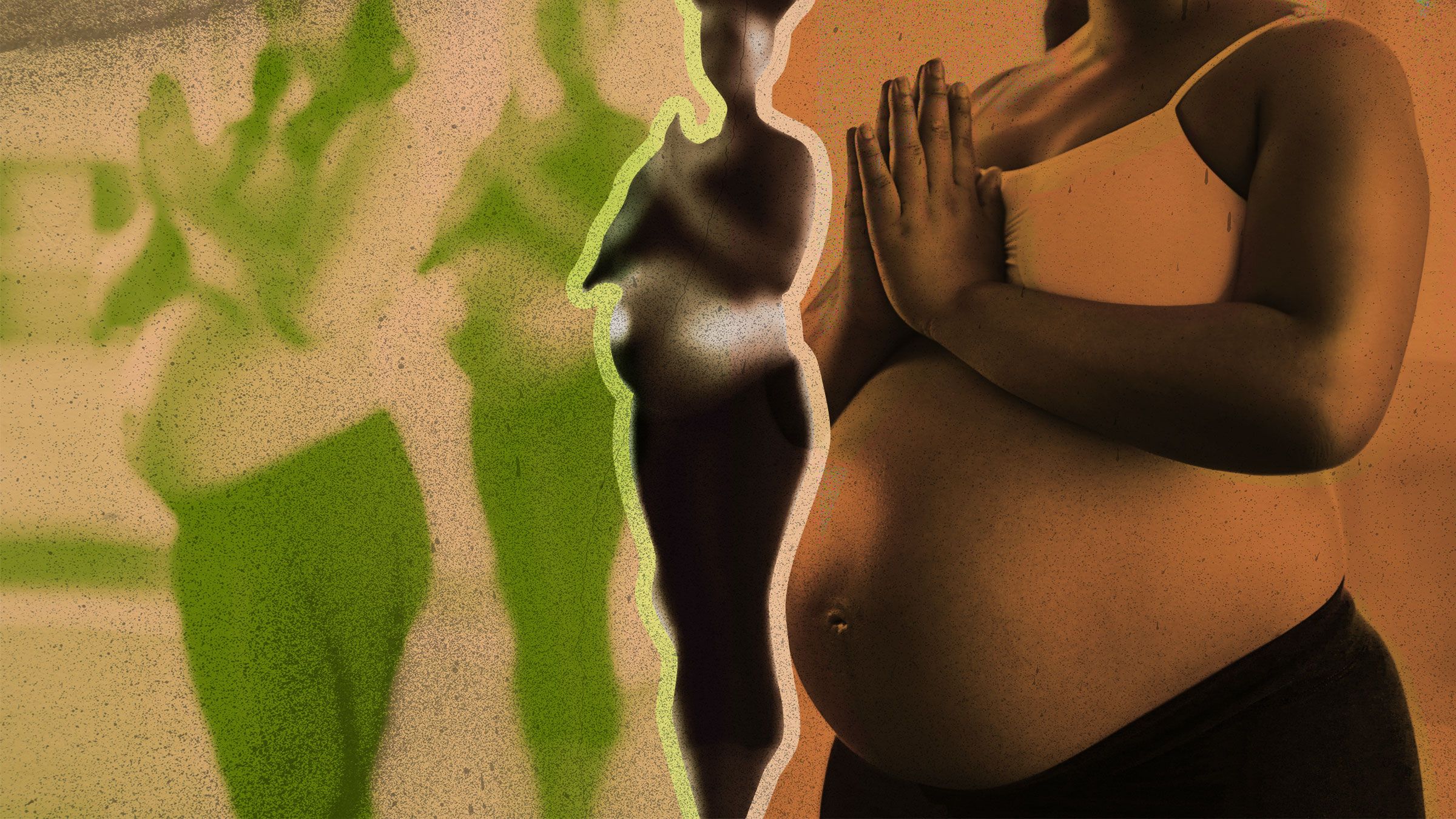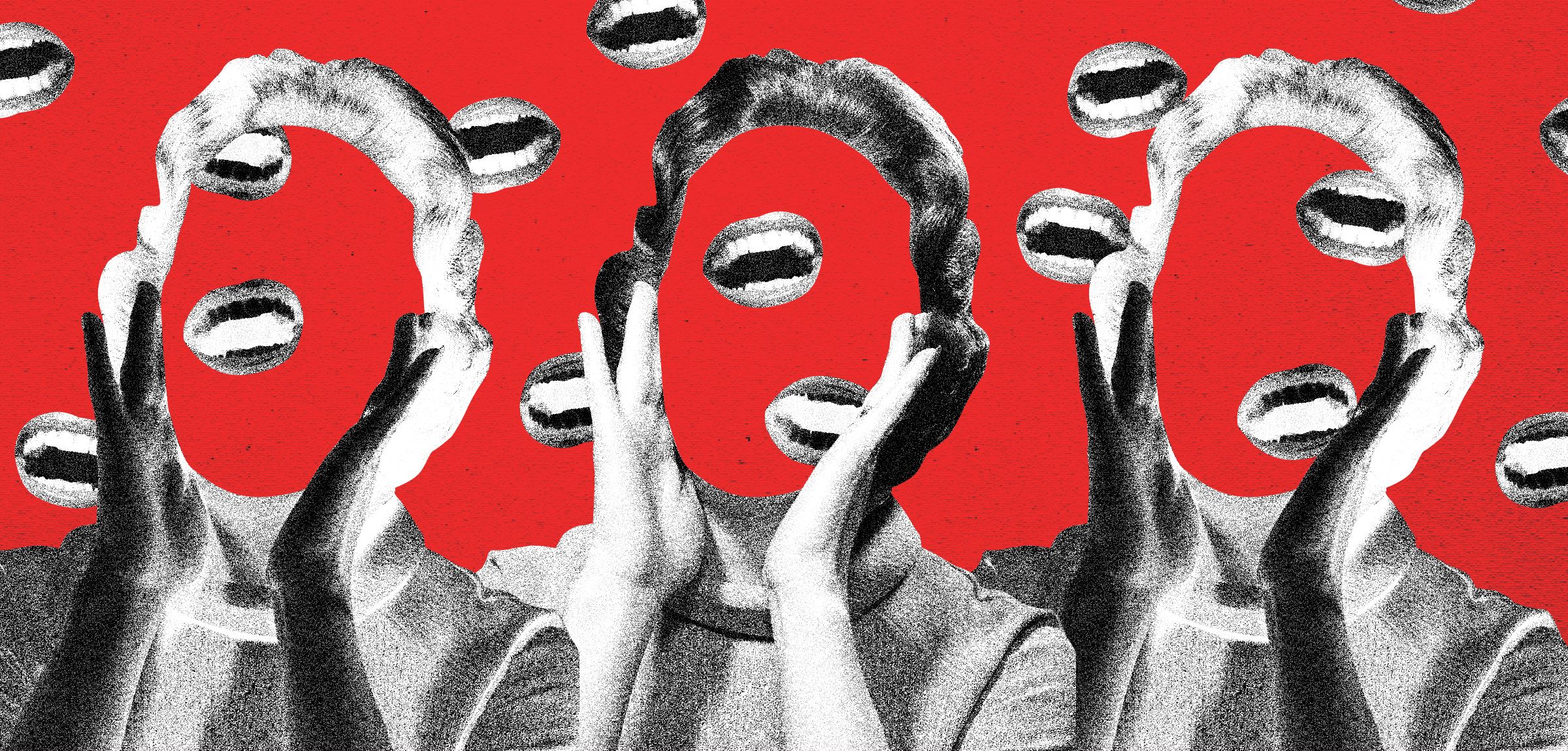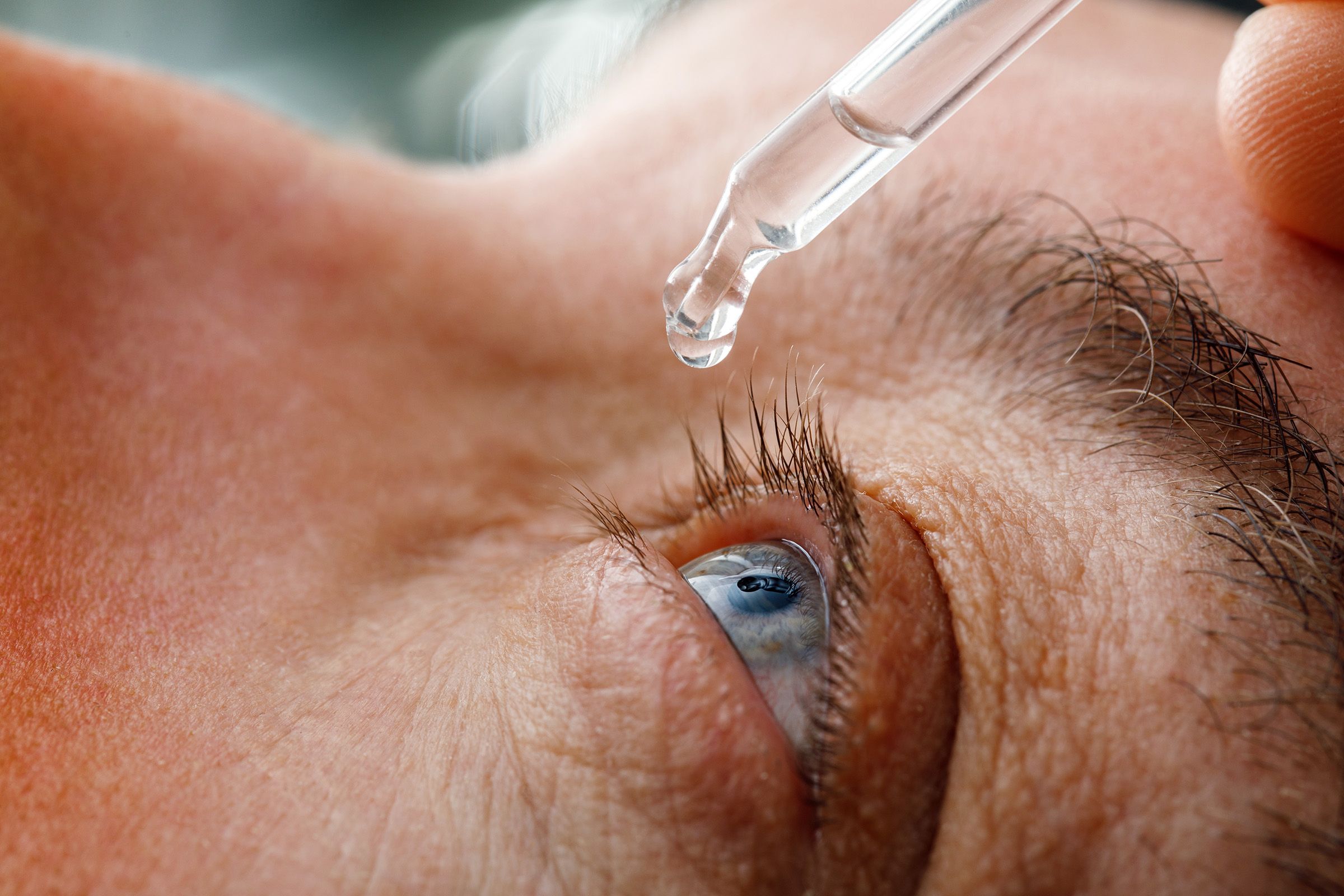Inequality Is a Health Risk—and It’s Getting Worse
Inequality Is a Health Risk—and It’s Getting Worse
Inequality is not only a social issue, but it also poses a significant health risk to individuals and communities. Studies have…

Inequality Is a Health Risk—and It’s Getting Worse
Inequality is not only a social issue, but it also poses a significant health risk to individuals and communities. Studies have shown that those living in poverty or facing social disparities are more likely to experience poor health outcomes.
Access to quality healthcare, nutritious food, and safe living conditions are all affected by inequality, leading to higher rates of chronic diseases such as diabetes, heart disease, and obesity.
Furthermore, the stress and mental health challenges that come with economic inequality can also have a negative impact on overall well-being.
Unfortunately, the gap between the rich and the poor is widening, making it even more challenging for those on the lower end of the socioeconomic spectrum to access the resources they need to maintain good health.
Policies that address income inequality, improve access to healthcare, and promote healthy living environments are essential in combatting this health risk.
As a society, we must recognize the importance of addressing inequality as a health issue in order to ensure the well-being of all individuals.
Ignoring the impact of inequality on health will only exacerbate existing disparities and lead to further health risks for vulnerable populations.
By working towards a more equitable society, we can create a healthier future for all.





